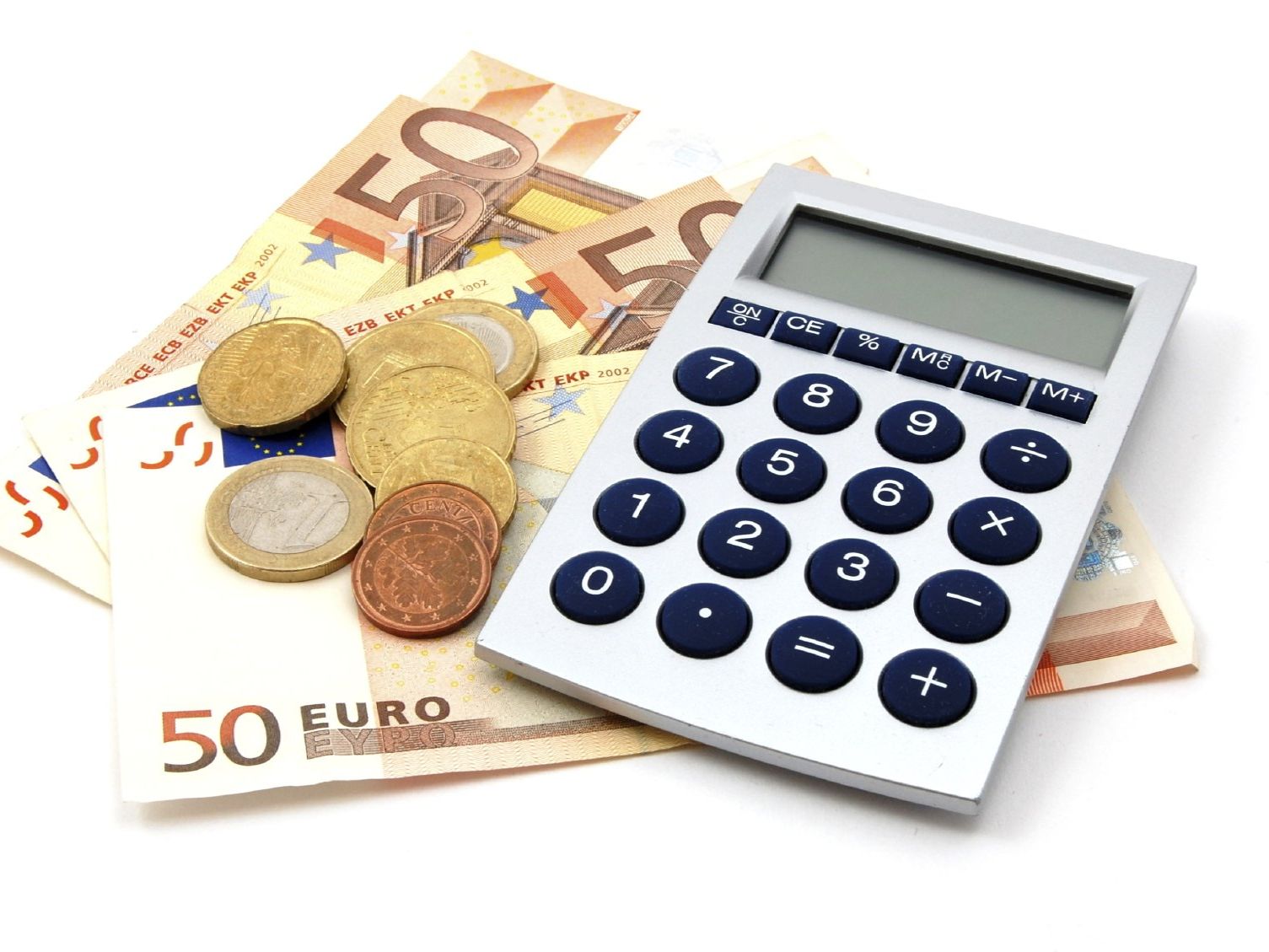
Culture and sustainability
No waste - no barriers: No waste, no waste, no barriers: this could be the overarching goal of cultural action in the sense of sustainability.
Our activities within the framework of the NRW Regional Culture Program will be aligned with selected sustainability goals over the coming years. These goals include a diverse cultural community, maintaining local cultural infrastructure, and ecologically and climate-neutral cultural work. We aim to implement these goals together with the region's cultural stakeholders. To this end, we offer appropriate networking and exchange opportunities, training measures, and information platforms.
Page content:
- Statement of the ten RKP cultural offices on sustainability
- Areas of action: Cultural diversity, climate culture and cultural engagement
- Sustainability in cultural policy in North Rhine-Westphalia
Statement of the ten RKP cultural offices on sustainability in culture
Sustainability is, first and foremost, an attitude. At the Regional Cultural Program NRW, we feel obligated to consider the consequences of our cultural activities and to examine their ecological, social, and economic impacts. We, the ten RKP cultural offices, want to provide cultural practitioners in NRW with inspiration for responsible cultural work and encourage them to design and implement their projects sustainably.
We are guided by the United Nations' 2030 Agenda and the 17 Sustainable Development Goals (SDGs), which we apply to our cultural work in accordance with the NRW Cultural Code and the NRW Sustainability Strategy. In doing so, we work closely with our funding body, the Ministry of Culture and Science of the State of North Rhine-Westphalia.
In-depth information, events and activities on the fields of action Culture of Diversity, Climate Culture and Engagement Culture

A culture of diversity
Our cultural society is built on diversity. We believe that only a diverse cultural society can be resilient. Therefore, we want to work with experts from the region to develop approaches and projects for greater participation in order to strengthen diversity in the region.

Climate culture for cultural climate
Cultural workers and cultural institutions can also, or even especially, contribute to an improved climate culture. This doesn't always require a major breakthrough; we can also make progress in small steps. But the steps shouldn't be too slow...

Cultural engagement requires a culture of engagement
The RKP offices are involved in the development of the cultural engagement strategy of the Ministry of Culture and Science of North Rhine-Westphalia, as well as in the strategy for engagement in culture of the Regional Association of Westphalia-Lippe. Cultural engagement is a cross-cutting task and flows into the respective thematic areas of the cultural regions. In South Westphalia, for example, it is integrated into the sustainability strategy.

Good work and fair fees for cultural workers
At the 8th meeting of the Conference of Ministers of Culture of the German States (Kultur-MK) in 2022, a matrix structure was presented that can be used to determine fair, sector-specific fees for artists within the individual states. In North Rhine-Westphalia, state funding for cultural institutions will be linked to binding minimum fee thresholds for artists starting in 2023. The associations have proposed fee recommendations.
Sustainability in the cultural policy orientation of the state of North Rhine-Westphalia
Excerpt from the Cultural Code for the State of North Rhine-Westphalia (Cultural Code - KulturGB NRW) of 01.12.2021 - Section 11 Sustainability
- Aspects of sustainability should be considered in cultural funding. The social, ecological, and economic impacts must be considered in their respective significance for culture. Costs for sustainable measures and compensation payments for climate protection are generally eligible for funding.
- Social sustainability must be ensured in particular through cultural education and concepts for participation and diversity.
- Ecological issues must be taken into account equally in the operation of cultural institutions, the organization of events, international cultural exchange and cultural funding in order to make these as climate-neutral as possible.
- The state's cultural funding is also intended to improve the economic framework for artists, groups, projects and institutions and to contribute to greater material security in the cultural sector.
